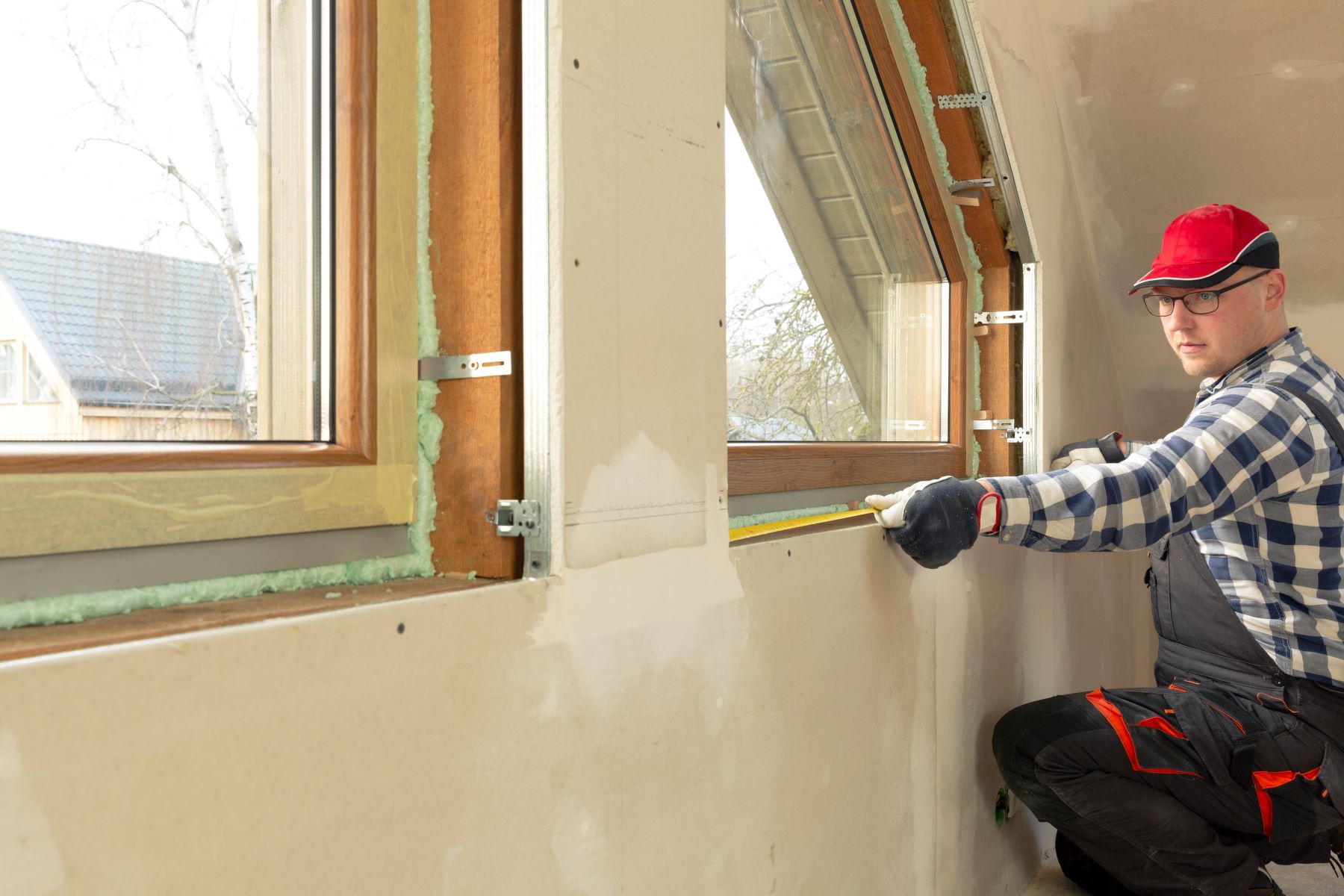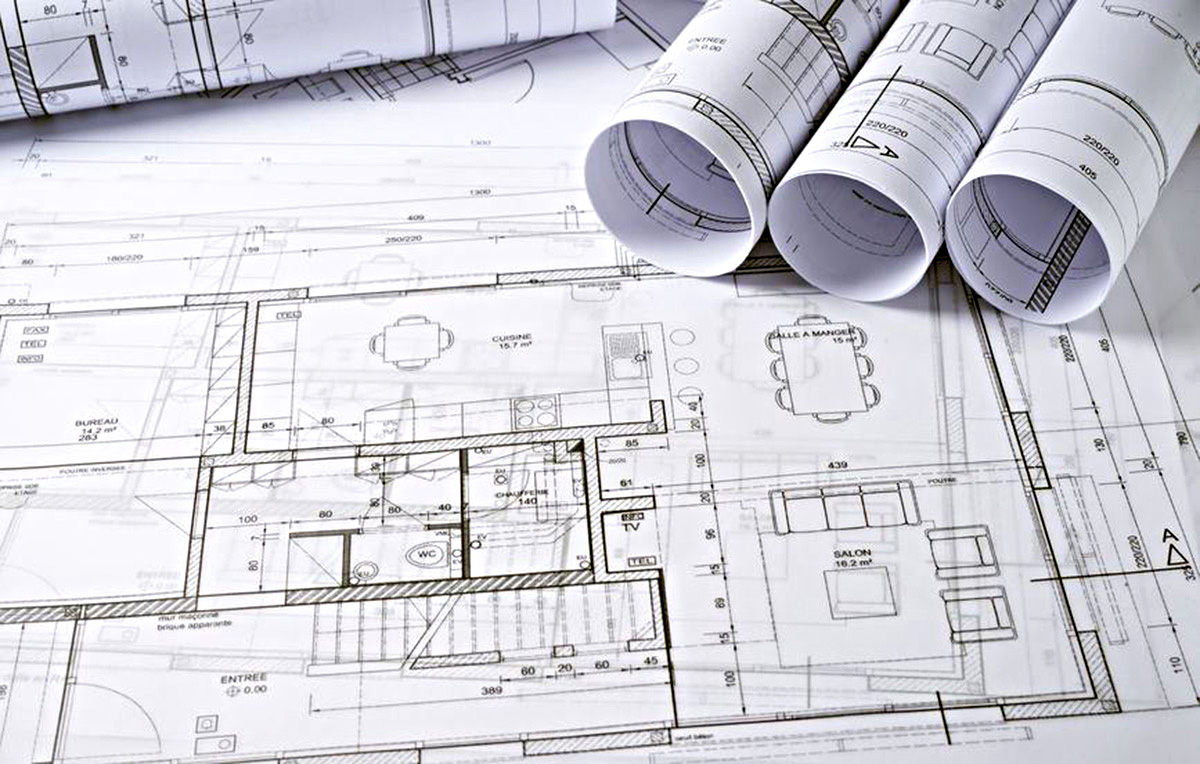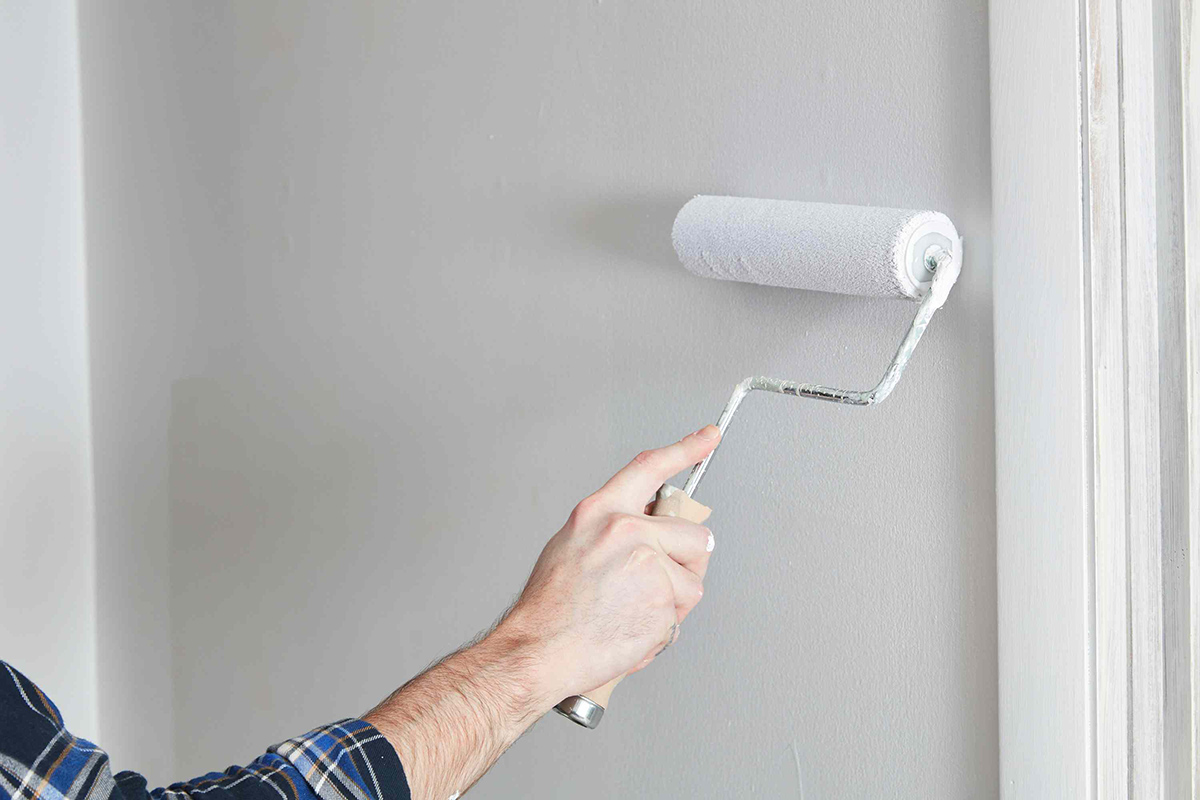Home>Renovation & DIY>Home Renovation Guides>What Is A Home Improvement Contract And What Is Not A Home Improvement Contract?


Home Renovation Guides
What Is A Home Improvement Contract And What Is Not A Home Improvement Contract?
Published: December 21, 2023
Learn what constitutes a home improvement contract and what doesn't, with our comprehensive home renovation guides. Ensure you're informed and protected.
(Many of the links in this article redirect to a specific reviewed product. Your purchase of these products through affiliate links helps to generate commission for Storables.com, at no extra cost. Learn more)
**
Introduction
**
When it comes to embarking on home improvement projects, it's crucial to establish a clear understanding of the terms and conditions that govern the undertaking. A home improvement contract serves as a vital tool in this regard, delineating the scope of work, timelines, costs, and other essential details. However, distinguishing between what constitutes a home improvement contract and what does not can be a source of confusion for many homeowners. This article aims to shed light on this topic, providing a comprehensive overview of what qualifies as a home improvement contract and what falls outside the purview of such agreements. By delving into the key elements that define a home improvement contract and contrasting them with scenarios that do not meet the criteria, readers will gain valuable insights into navigating the intricacies of home renovation projects. Whether you're a homeowner seeking to initiate a renovation or a contractor looking to solidify an agreement, understanding the nuances of home improvement contracts is paramount. So, let's delve into the intricacies of this essential aspect of home renovation and gain clarity on what truly constitutes a home improvement contract.
**
Key Takeaways:
- A home improvement contract is a detailed agreement between homeowners and contractors, outlining the project scope, materials, timelines, and payment terms to ensure a smooth and transparent renovation process.
- Not all documents related to renovation projects qualify as home improvement contracts. Verbal agreements, estimates, and work orders may not provide the comprehensive legal protection and clarity that a formal contract offers.
What Is a Home Improvement Contract?
**
A home improvement contract is a legally binding agreement between a homeowner and a contractor, outlining the terms and conditions of a renovation or remodeling project. This document serves as a roadmap for the entire project, providing clarity on the scope of work, project timelines, costs, and other crucial details. It is designed to protect both parties involved by establishing clear expectations and responsibilities.
One of the primary purposes of a home improvement contract is to ensure that all aspects of the renovation project are clearly defined and agreed upon before any work commences. This includes specifying the exact nature of the work to be performed, the materials to be used, the project timeline, payment schedule, and any warranties or guarantees offered by the contractor.
Furthermore, a well-crafted home improvement contract also serves as a means of safeguarding the rights of both the homeowner and the contractor. For homeowners, it provides a layer of protection against potential disputes or misunderstandings, as it clearly outlines the agreed-upon terms. For contractors, a comprehensive contract helps mitigate the risk of non-payment or scope creep, ensuring that they are duly compensated for their services and that the project stays within the defined parameters.
Overall, a home improvement contract is a crucial tool for establishing trust and transparency between homeowners and contractors. By clearly articulating the terms of the agreement and aligning expectations from the outset, both parties can embark on the renovation project with confidence, knowing that they are operating within a structured framework that safeguards their interests.
Elements of a Home Improvement Contract
A well-crafted home improvement contract encompasses several key elements that are essential for ensuring a clear and comprehensive agreement between the homeowner and the contractor. These elements serve to provide a detailed roadmap for the renovation project and mitigate potential disputes or misunderstandings. Here are the fundamental components that constitute a robust home improvement contract:
1. Project Scope: The contract should explicitly outline the scope of work to be performed, detailing the specific tasks and services included in the renovation project. This may encompass demolition, construction, installation, and any other relevant activities.
2. Materials and Specifications: Clear specifications regarding the quality and type of materials to be used are integral to the contract. This includes details about brands, models, and any specific requirements for the materials involved in the project.
3. Timeline and Milestones: A well-defined timeline with specific milestones and deadlines is crucial for tracking the progress of the project. The contract should outline the start date, completion date, and any interim milestones that need to be met.
4. Payment Terms: The contract should elucidate the total cost of the project, the payment schedule, and the method of payment. This may include initial deposits, progress payments, and the final payment upon project completion.
5. Permits and Approvals: If the renovation necessitates permits or approvals from local authorities, the contract should address the responsibility for obtaining these documents. It is essential to ensure that the project complies with all regulatory requirements.
6. Change Order Procedures: In the event of modifications or changes to the original scope of work, the contract should delineate the process for initiating and approving change orders. This helps manage any alterations to the project and their associated costs.
7. Warranties and Guarantees: Any warranties on materials or workmanship provided by the contractor should be clearly stated in the contract. This offers assurance to the homeowner regarding the quality and longevity of the renovation work.
8. Dispute Resolution Mechanism: Including a provision for resolving disputes or conflicts that may arise during the project can help mitigate potential legal issues. This may involve mediation, arbitration, or other alternative dispute resolution methods.
9. Signatures and Dates: The contract should be signed and dated by both the homeowner and the contractor, indicating their acknowledgment and acceptance of the terms outlined in the agreement.
By encompassing these essential elements, a home improvement contract provides a comprehensive framework that safeguards the interests of both parties involved in the renovation project, fostering transparency, accountability, and mutual understanding.
A home improvement contract is a legally binding agreement between a homeowner and a contractor for work on a home. It should include details like project scope, timeline, and cost. Make sure to have a written contract for any home improvement project to protect both parties.
What Is Not a Home Improvement Contract?
While it is crucial to understand what constitutes a home improvement contract, it is equally important to recognize scenarios or documents that do not fall within this category. Clarifying what does not qualify as a home improvement contract can help homeowners and contractors avoid potential misunderstandings and legal pitfalls. Here are some instances that do not meet the criteria of a home improvement contract:
1. Informal Agreements: Verbal agreements or casual discussions about a renovation project, without a formal written document outlining the terms and conditions, do not constitute a home improvement contract. It is essential to have a comprehensive written agreement to ensure clarity and legal protection.
2. Estimates or Quotes: While estimates and quotes provide details about the anticipated costs of a renovation project, they are not synonymous with a home improvement contract. These documents serve as initial assessments of the project scope and costs but do not encompass the comprehensive terms and conditions of a contractual agreement.
3. Incomplete or Vague Documents: Any document that lacks specificity regarding the scope of work, materials, timelines, payment terms, and other essential details cannot be considered a bona fide home improvement contract. Clarity and comprehensiveness are imperative in defining a valid contract.
4. Purchase Orders for Materials: While purchase orders are utilized to procure materials for a renovation project, they do not encapsulate the broader terms and conditions that govern the entire project. They are specific to the acquisition of materials and are not synonymous with a comprehensive renovation contract.
5. Work Orders for Specific Tasks: Work orders that outline specific tasks or services to be performed by a contractor do not encompass the holistic scope of a home improvement contract. They are focused on individual tasks rather than providing a comprehensive framework for the entire project.
6. Letters of Intent or Proposals: While these documents may express an intention to engage in a renovation project or outline proposed terms, they do not constitute a fully binding home improvement contract. They serve as preliminary communications and do not encompass the detailed specifications and obligations of a formal contract.
It is essential for homeowners and contractors to discern between formal home improvement contracts and other types of documents or agreements to ensure that their rights and obligations are clearly defined and legally protected. By understanding what does not qualify as a home improvement contract, both parties can navigate the process of initiating and executing renovation projects with enhanced clarity and confidence.
Conclusion
Understanding the intricacies of home improvement contracts is pivotal for homeowners and contractors alike. A well-crafted home improvement contract serves as a cornerstone for successful renovation projects, providing a comprehensive framework that delineates the terms, responsibilities, and expectations of all parties involved. By encompassing essential elements such as project scope, materials, timelines, payment terms, and dispute resolution mechanisms, these contracts foster transparency and accountability, mitigating potential conflicts and legal uncertainties.
Conversely, recognizing what does not qualify as a home improvement contract is equally important. Informal agreements, estimates, work orders, and other documents, while valuable in their respective contexts, do not encompass the comprehensive nature of a bona fide home improvement contract. Distinguishing between formal contracts and other types of agreements is crucial for ensuring legal protection and clarity in renovation endeavors.
Ultimately, the essence of a home improvement contract lies in its ability to provide a structured and detailed framework that safeguards the interests of both homeowners and contractors. By clearly articulating the terms, expectations, and obligations associated with a renovation project, these contracts lay the groundwork for successful collaborations, fostering trust and accountability throughout the project lifecycle.
Whether embarking on a minor renovation or a substantial remodeling endeavor, the significance of a well-defined home improvement contract cannot be overstated. It serves as a safeguard against potential disputes, misunderstandings, and financial uncertainties, offering a roadmap that guides the seamless execution of renovation projects. By embracing the principles of clarity, transparency, and legal protection embedded in home improvement contracts, homeowners and contractors can embark on their renovation journeys with confidence, knowing that their rights and obligations are firmly established within a structured and comprehensive framework.
Frequently Asked Questions about What Is A Home Improvement Contract And What Is Not A Home Improvement Contract?
Was this page helpful?
At Storables.com, we guarantee accurate and reliable information. Our content, validated by Expert Board Contributors, is crafted following stringent Editorial Policies. We're committed to providing you with well-researched, expert-backed insights for all your informational needs.
















0 thoughts on “What Is A Home Improvement Contract And What Is Not A Home Improvement Contract?”